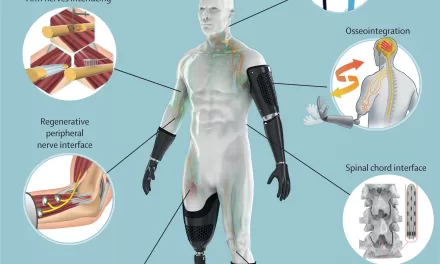Depression, a widespread mental health condition affecting over 300 million people globally, now faces a formidable adversary: exercise. According to groundbreaking research published in The BMJ, almost any form of physical activity, from walking to strength training, holds the potential to significantly alleviate symptoms of depression, offering hope to millions worldwide.
The study, which meticulously analyzed 218 trials involving 14,170 participants, uncovered a wealth of evidence supporting the mental health benefits of exercise. Remarkably, even low-intensity activities like walking or yoga were found to offer substantial improvements. However, the intensity of the exercise correlated with the extent of improvement, suggesting that more vigorous activities could provide even greater mental health boosts.
The findings challenge conventional treatment paradigms, suggesting that exercise could stand alone as an effective remedy for depression or complement traditional treatments like psychotherapy and medications. The review underscores the importance of integrating physical activity into standard care practices, advocating for exercise to be considered alongside established treatments for depression.
Moreover, the research delves into the specifics of how different exercises impact depression, revealing that activities such as dancing, walking, jogging, yoga, strength training, and tai chi offer significant reductions in depressive symptoms. Importantly, exercise’s mental health benefits were found to extend across various demographics and health conditions, emphasizing its versatility and accessibility as a treatment option.
However, the authors acknowledge the challenges individuals with depression face in adopting a regular exercise routine, citing physical, psychological, and social barriers. Despite these obstacles, they advocate for health systems to offer physical activity as a viable intervention for depression, highlighting its potential to mitigate both mental and physical health risks associated with the condition.
In response to the study’s implications, Juan Ángel Bellón from the University of Malaga urges primary care clinicians to recommend exercise as a viable treatment option for adults with mild to moderate depression, alongside psychotherapy and antidepressants. He emphasizes the need for real-world data to better understand how to implement physical activity programs effectively and calls for initiatives to ensure personalized and supervised exercise programs are accessible to all.
In summary, the research underscores the critical role of exercise in the treatment of depression, challenging health professionals and policymakers to prioritize accessible, personalized exercise programs as a complement or alternative to traditional treatments. By embracing physical activity as both therapy and prevention, the study offers hope for improved outcomes and a transformed landscape of mental health care worldwide.











